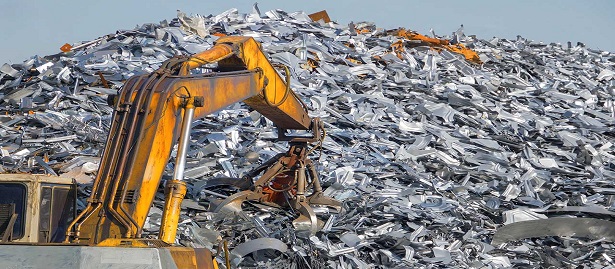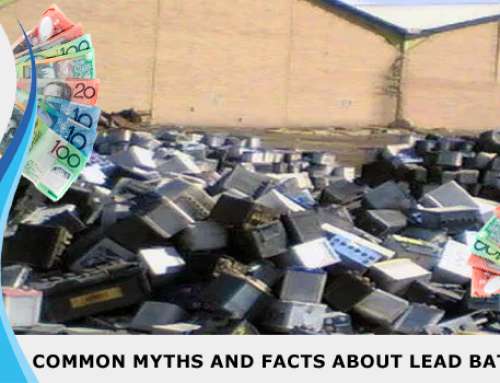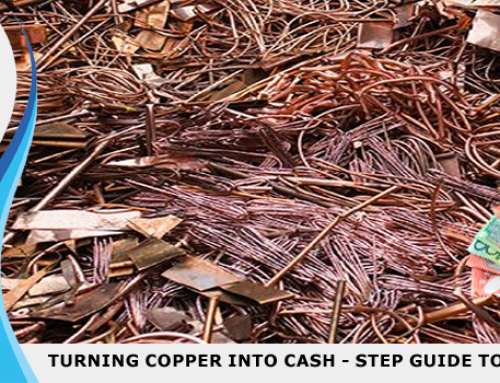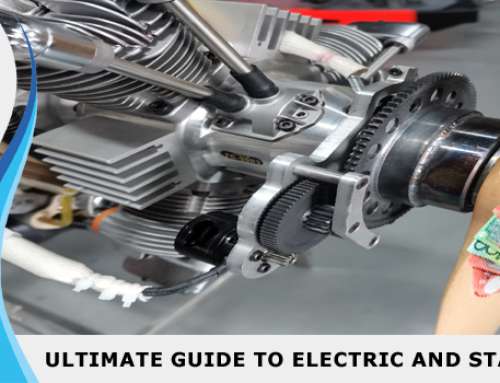In the ever changing world of today, effective waste management has become a major concern. Amid a multitude of waste mitigation measures, recycling scrap metal stands out as a sustainable practice that also demonstrates economic practicality. In addition to being essential to waste management, this practice offers both individuals and companies in Adelaide a profitable chance to profit from cash for scrap metal. By selling scrap metal, they can participate in cash for copper recycling. In this blog, we will discuss how scrap metal recycling helps in waste management.
The Essence Of Scrap Metal Recycling
Recycling used scrap metal goes beyond just keeping our surroundings clean. It is an example of a cyclical process that has various positive effects on the environment, the economy, and society at large. Copper buyers minimize the need for raw resources. They conserve energy and lower greenhouse gas emissions by turning old and underused metals into new goods. By offering financial incentives for copper recycling and for scrap metal, they are supporting the local economy.
Economic And Environmental Advantages
The advantages of engaging in scrap metal recycling are multifaceted. From an economic perspective, it injects financial resources back into the community’s pockets. Individuals and businesses can earn cash for scrap metal, including copper, which enjoys a particularly high demand. Environmentally, the practice reduces the burden on our landfills, restricts resource depletion, and reduces pollution. These benefits underscore the pivotal role of scrap metal recycling within the broader spectrum of waste management strategies.
The Process Of Scrap Metal Recycling
Scrap metal recycling involves several key steps, each crucial to the transformation of waste into reusable resources. Initially, in the collection phase, copper recyclers collect metal waste from various sources, including households, industries, and construction sites. Secondly, the sorting stage separates the metals based on type and quality. It is a critical step to ensure the efficiency of the recycling process. Afterward, the recycling facilities undertake the processing of these metals. It includes shredding, melting, and purifying the material. The final product is then ready to be fabricated into new items, ranging from construction materials to electronic components, thereby completing the recycling loop.
The Impact On Society And The Economy
The societal and economic impact of scrap metal recycling is profound. By providing a sustainable way for waste management, it conserves natural resources. They also offer a viable economic opportunity for local communities. The act of recycling empowers individuals and businesses to contribute positively to the environment while getting financial rewards. Moreover, the industry creates several jobs, from collection and sorting to processing and selling recycled metals. This employment generation further motivates economic growth and supports the livelihoods of many families.
The Future Of Scrap Metal Recycling
As the global population continues to grow and the demand for resources intensifies, the importance of scrap metal recycling is set to increase exponentially. Innovations in recycling technologies and increasing awareness about the benefits of recycling are paving the way for more efficient and effective waste management practices. Furthermore, as more people recognize the value of recycling, both from an environmental and economic standpoint, participation rates are likely to surge.
Conclusion
The role of scrap metal recycling in waste management is indispensable. It offers an effective, sustainable solution to the pressing issue of waste, benefiting both the environment and the economy. By participating in this recycling cycle, we not only contribute to a healthier planet but also tap into a valuable source of income. Whether you are an individual with a few spare pieces of copper or a business with substantial quantities of scrap metal, your efforts in recycling are crucial. Through our collective actions, we can make a significant impact on waste reduction. It even contributes to the preservation of our environment for future generations.





